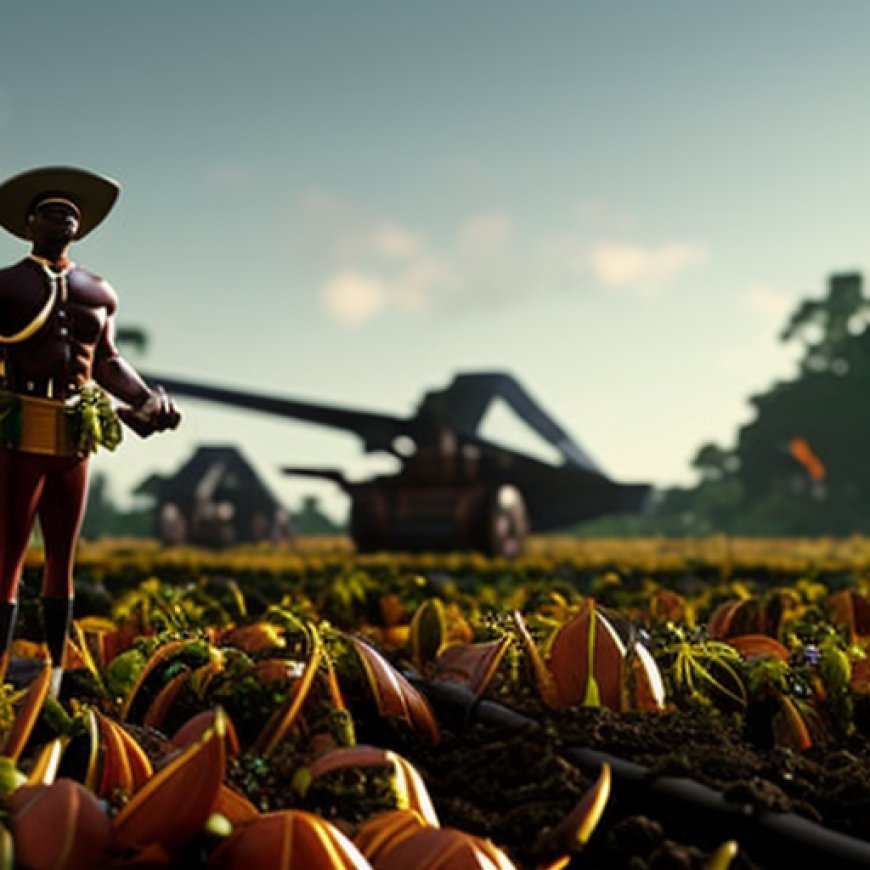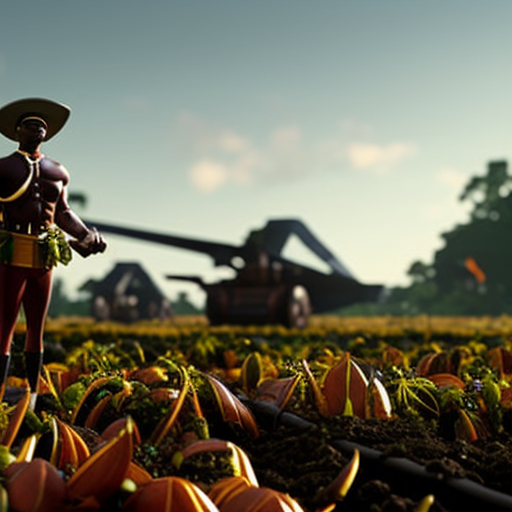Suriname preparing to clear Amazon for agriculture, documents suggest
Suriname preparing to clear Amazon for agriculture, documents suggest Mongabay.com


The Government of Suriname Considers Land Deals for Agriculture in the Amazon Rainforest
The government of Suriname is currently evaluating a series of land deals that would allow the Ministry of Agriculture and a group of private entities to engage in agriculture, livestock, and aquaculture activities on hundreds of thousands of hectares of land, most of which is located in the Amazon Rainforest.
- The Amazon covers 93% of Suriname’s total land area, making agricultural development an especially sensitive issue in the country.
- Five private entities are involved in the deals, with an interest in commodities like soy and cashews.
Land Deals Threaten Deforestation and Indigenous Rights
The government of Suriname has proposed appropriating a significant portion of the Amazon Rainforest for agricultural and livestock projects. If approved, these deals could lead to unprecedented deforestation and pose a challenge to the campaign by Indigenous communities to secure rights to their ancestral territories.
According to documents reviewed by Mongabay, the land deals would grant the Ministry of Agriculture and private entities the authority to carry out “agriculture, livestock, and aquaculture” activities on hundreds of thousands of hectares of land, primarily located in the Amazon Rainforest.
The Ministry of Agriculture is seeking approximately 354,836 hectares (876,819 acres) of land across multiple districts, while private land developers are interested in an additional estimated 10,868 hectares (26,855 acres). If deforested, this would represent around a 2% loss of the country’s total forest cover.
Conservation groups and Indigenous communities are concerned about the potential environmental impact of large-scale agriculture in the rainforest. The Amazon Rainforest is crucial for maintaining Suriname’s carbon-negative economy and preserving its rich biodiversity.
Uncertainty Surrounding the Land Deals
The Ministry of Agriculture and the Ministry of Land Policy and Forest Management have not provided details about their intentions for the land in question. Environmental organizations have expressed frustration with the lack of transparency surrounding these deals.
The documents indicate that the ministries are discussing plans for land surveys and mapping. The office of President Chan Santokhi is also involved in the process, providing corrected versions of maps for the Ministry of Agriculture to use.
Environmentalists and Indigenous representatives argue that any conversion of state-owned forest land should be guided by a comprehensive national land use policy that includes input from stakeholders.
Private Sector Interest in Land Development
In addition to the Ministry of Agriculture, five private entities have expressed interest in developing agriculture, livestock, and aquaculture activities. These entities are registered as “foundations” and are connected to a resident named Radjesh Ramgolam, who acts as a land broker.
The private entities include the Kovu & Kiara Foundation, Toolit Asset Management Foundation, Braeburn Apple Foundation, Togliatti Asset Management Foundation, and Gaziantep Asset Management Foundation. The combined area of interest for these entities is approximately 10,868 hectares and is located in the district of Sipaliwini.
The land deals are still under discussion, and President Santokhi’s office has inquired about their progress. Ramgolam plans to divide the land into smaller parcels for business purposes, potentially for growing soy and cashews.
It is important to note that these land deals are separate from the proposal to bring Mennonite farmers to Suriname for industrial agriculture, which has raised concerns about deforestation.
Overall, the government of Suriname’s plans for agricultural development in the Amazon Rainforest have sparked controversy due to the potential environmental and social impacts. Balancing economic development with the preservation of the rainforest and Indigenous rights remains a significant challenge for the country.

Join us, as fellow seekers of change, on a transformative journey at https://sdgtalks.ai/welcome, where you can become a member and actively contribute to shaping a brighter future.







